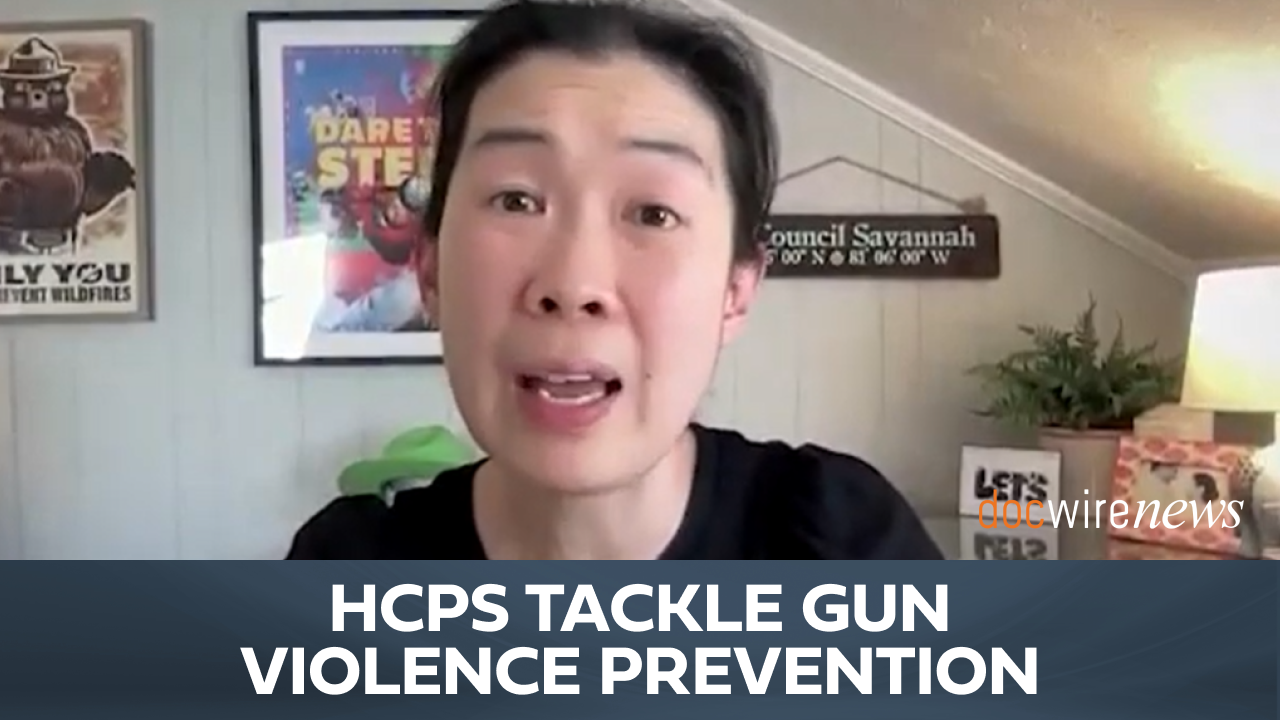
Adults living in households suffering from food insecurity who lack access to food due to financial constraints are more likely to die prematurely compared to their food-secure counterparts, according to a new study published in CMAJ (Canadian Medical Association Journal).
To conduct this study, researchers linked respondents of the 2015-2017 Canadian Community Health Survey (CCHS) to the 2015-2017 Canadian Vital Statistics Database death records and performed a one-to-many linkage between CCHS respondents 2003-2017 Discharge Abstract Database discharge records. Subsequent to linking these data sets, they excluded all respondents from jurisdictions that opted out of the food security model, as well as any child younger than 18 years old, any senior older than 82, and all individuals missing a food insecurity status and missing hospital records. Overall, the study comprised 510,010 adults. The primary outcomes were specified as all-cause and cause-specific premature mortality, defined as “death that occurs before the average age of death in a certain population.” The researchers used Cox models to analyze the data.
Dying for Food
According to the results of the study, 25,460 died prematurely by 2017 and the death rates of food-secure adults and their counterparts experiencing marginal, moderate and severe food insecurity were 736, 752, 834 and 1124 per 100 000 person-years. The researchers observed that adjusted hazard ratios (HRs) of all-cause premature mortality for marginal, moderate and severe food insecurity were 1.10 (95% CI, 1.03 to 1.18), 1.11 (95% CI, 1.05 to 1.18) and 1.37 (95% CI, 1.27 to 1.47).
“Among adults who died prematurely, those experiencing severe food insecurity died at an age 9 years earlier than their food-secure counterparts,” writes lead author Dr. Fei Men, a postdoctoral fellow in the lab of Professor Valerie Tarasuk at the University of Toronto in a press release.
Moreover, the study showed that severe food insecurity was consistently correlated with a higher rate of death across all causes of morality except cancers, and this linked was particularly pronounced for infectious-parasitic diseases (adjusted HR 2.24= 95% CI, 1.42 to 3.55), unintentional injuries (adjusted HR= 2.69, 95% CI, 2.04 to 3.56) and suicides (adjusted HR=2.21, 95% CI, 1.50 to 3.24).
People with inadequate access to #food 10% to 37% more likely to die prematurely @CMAJ @CMAJ https://t.co/Phk7iiERyH
— Medical Xpress (@physorg_health) January 20, 2020
Dr. Men added that: “The markedly higher mortality hazard of severe food insecurity highlights the importance of policy interventions that protect households from extreme deprivation. In Canada, policies that improve the material resources of low-income households have been shown to strengthen food security and health.”
People with inadequate access to food 10% to 37% more likely to die prematurely according to a new @CMAJ study https://t.co/3aPb3sLRTV gated pic.twitter.com/2j29plsUu5
— The Medical Post (@MedicalPost) January 20, 2020
https://twitter.com/saldivam/status/1219400035235962885







 © 2025 Mashup Media, LLC, a Formedics Property. All Rights Reserved.
© 2025 Mashup Media, LLC, a Formedics Property. All Rights Reserved.